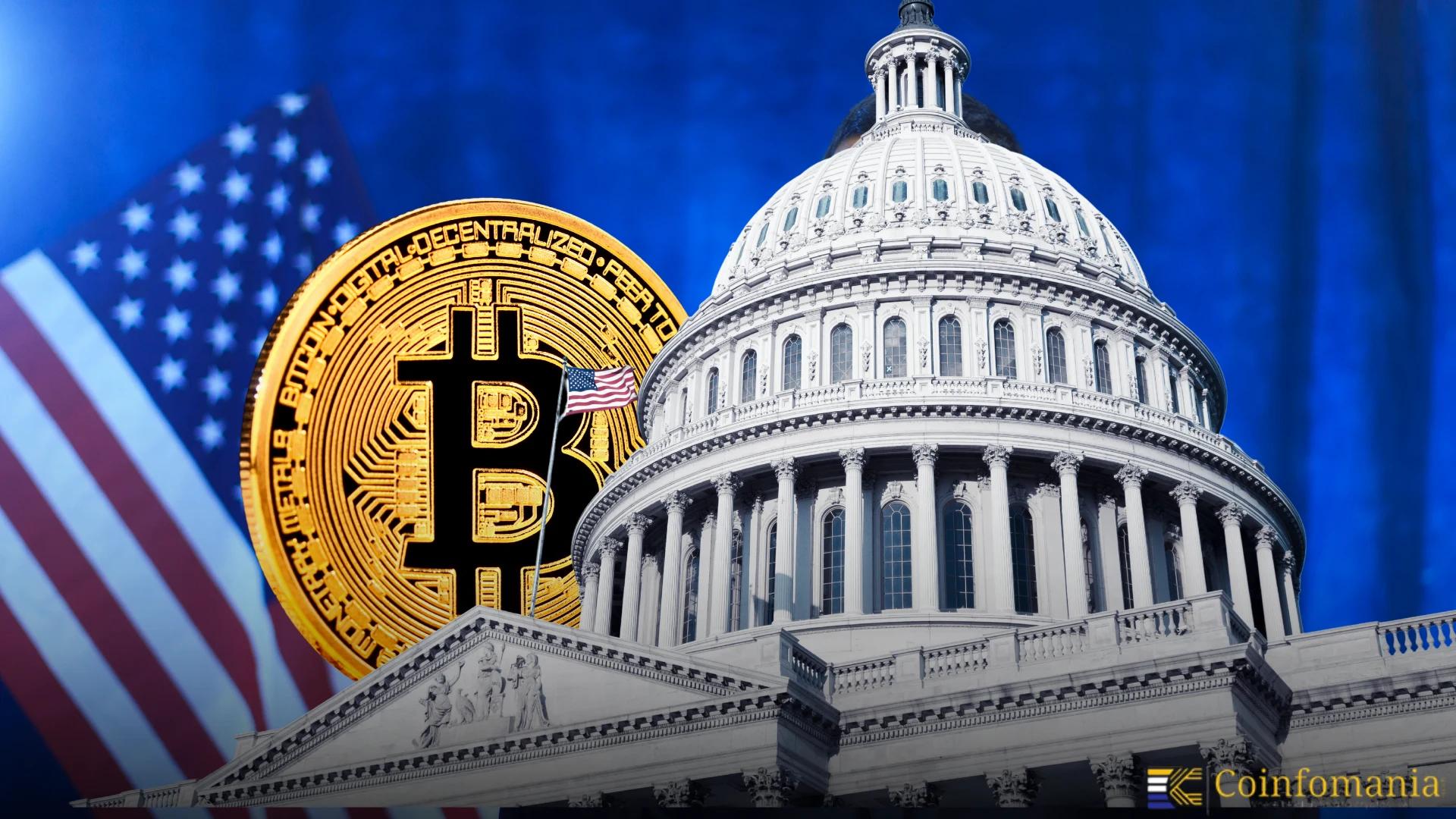Democratic lawmakers seek to ban politicians from owning crypto
Let’s uncover why a ban on politicians owning crypto is gaining momentum, exploring ethics, and public trust in digital-asset policy.

Quick Take
Summary is AI generated, newsroom reviewed.
A new push by lawmakers seeks a politician crypto ban, stopping elected officials from owning or trading cryptocurrencies.
The proposed legislation addresses ethics and digital-asset policy, targeting conflicts of interest and foreign crypto influence.
Crypto ownership by public officials is seen as riskier than stocks due to anonymity, rapid market moves and regulatory gaps.
The bill’s fate will shape how the U.S. regulates public-service finances and digital assets moving forward.
A new wave of reform is advancing across Washington, as policymakers advance a politician crypto ban to prevent elected officials from owning or trading digital assets. There are growing concern about how crypto assets could affect policy choices. This is an audacious reform effort that Erin he platformed to rethink transparency, and public trust in public service.
The reform effort is built on the idea that personal investments in cryptocurrency may conflict with elected officials’ duties, drawing into question conflicts of interest and ethical integrity. For many in the Congress, this is not just regulation of technology, or an overhaul of digital assets policy.
EXCLUSIVE:
— Coinvo (@ByCoinvo) October 28, 2025
🇺🇸 Democratic lawmakers are pushing to ban politicians from owning crypto. pic.twitter.com/zDoRbjaL6R
Why the push for a politician crypto ban is gaining steam
The recent attention on cryptocurrency and corruption has further heightened demands for stricter rules. To that end, Ro Khanna has introduced a bill that would ban Members of Congress. The President, the Vice President, and their family members from owning, trading or creating cryptocurrency.
Khanna emphasizes that when lawmakers hold significant crypto assets, they risk making policy decisions that align with private gain rather than the public good. “This isn’t a tech issue. This is a corruption issue,” he told MSNBC.
In essence, the proposed law seeks to make the digital-asset policy of the United States reflect clear lines between public service and private gain.
Why crypto ownership by public officials is seen as riskier than stocks
In contrast to stocks, cryptocurrencies provide increased anonymity, cross-border flows, and potentially unique regulatory approaches. This complexity raises the ethical and transparency stakes.
When a public officeholder owns crypto, standards that apply to stocks, like disclosure rules and insider-trading laws, may not apply or may not apply as effectively. This fuels the debate over political ethics and whether we need new rules for digital assets.
Crypto can skyrocket upon policy announcements or regulatory change. Public officeholders who own cryptocurrencies could unintentional or intentionally parent their public messaging, or public action, to benefit their holdings. This scenario underscores the reason for urgency behind the politician crypto ban.
Final thoughts
The push for a politician crypto ban reflects a deeper reckoning: the intersection of finance, technology and public office now demands fresh rules. Lawmakers introducing the bill assert that when digital assets and elected roles mix, accountability and trust suffer.
As the legislation advances, we will see whether Congress can design a resilient digital-asset policy that preserves public integrity while promoting innovation. The result may change public-finance boundaries in a crypto context.
Follow us on Google News
Get the latest crypto insights and updates.


